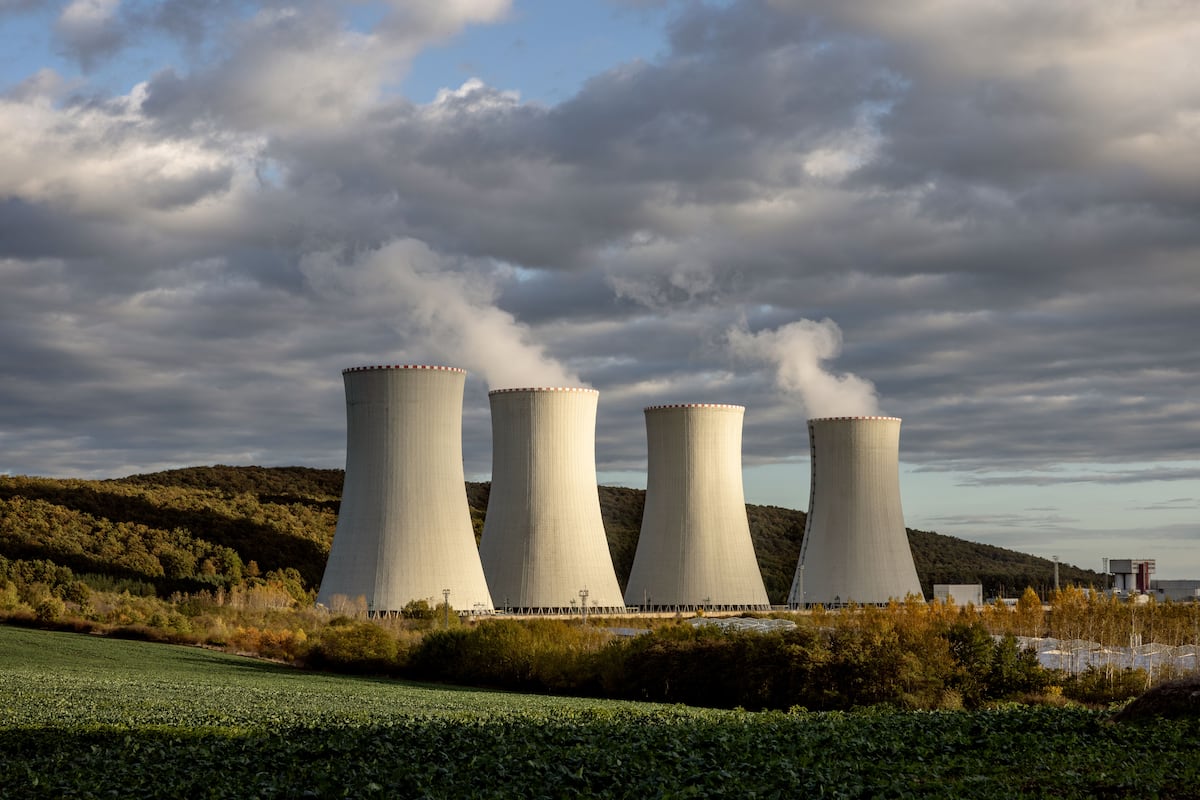In January, at the Davos Forum, Sam Altman, CEO of OpenAI, issued a warning about the energy crisis that could result from the growing use of artificial intelligence (AI). Altman emphasized that the new generation of generative AI, such as ChatGPT, would consume more energy than previously expected, potentially straining global energy networks. He called for drastic changes to address this issue and proposed advanced nuclear energy as a potential solution.
Advanced nuclear energy sources are being explored by several companies as a way to provide energy autonomy and control costs. The Biden Administration has shown interest in this alternative, with Energy Secretary Jennifer Granholm meeting with technology companies to discuss innovative ways of energy supply. Small nuclear reactors have been identified as a potential fit for data centers and are being explored by major tech companies like Microsoft and Google.
Kate Crawford, an AI researcher, welcomed Altman’s warning at Davos and highlighted the previously underestimated environmental costs of the AI industry. The training phase of AI models requires massive amounts of energy, typically using GPUs in data centers. As more users are added and new versions of AI models emerge, energy consumption is expected to increase further.
Google and Microsoft are among major tech companies considering nuclear energy as a way to ensure stable and sustainable energy supply for their operations. Microsoft has already made purchase agreements for energy from nuclear fusion projects while Google is exploring options with small modular reactors. While nuclear power presents opportunities for long-term energy supply for AI models, there are challenges and uncertainties involved in its development. It may take decades before small modular reactors and nuclear fusion technologies become viable options for powering AI models. Regulatory processes and safety concerns also need to be carefully considered before integrating nuclear energy into AI operations.
In conclusion, while advanced nuclear energy offers promise as a sustainable solution to powering AI models, it is important to consider its complexities and uncertainties before implementing it on a large scale. Companies and policymakers continue to explore innovative solutions to balance the needs of AI with sustainable practices while mitigating its environmental impact.



